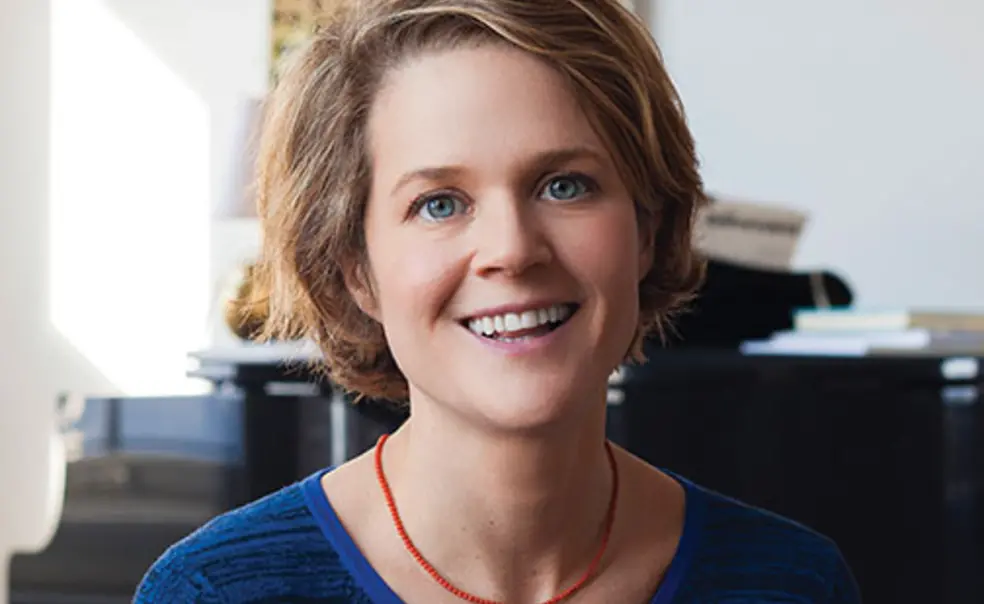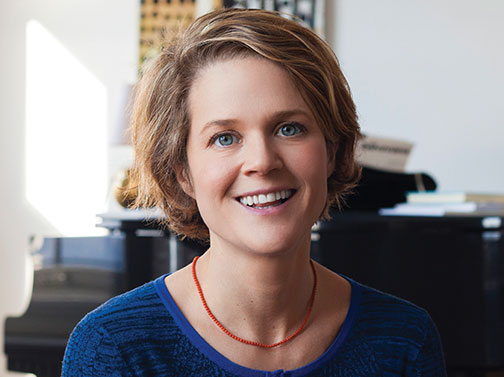In 2010, in a farm town in southern Afghanistan, a teenage girl named Zarmina was discovered writing love poems and then beaten by her brothers. Zarmina knew that poetry was forbidden to women in Afghanistan’s outlying provinces. But she remained defiant. Two weeks later, she locked herself in a room, set herself on fire, and became a poet-martyr. “Her story represented rebellion, passion, talent, and heroism,” says Eliza Griswold ’95, a journalist and poet. In 2012, reporting for The New York Times Magazine, Griswold traveled throughout Afghanistan to begin investigating Zarmina’s death and, more broadly, “the roles that these poems played in women’s lives.”
The poems, called landays, are anonymous, oral couplets about love, grief, separation, homeland, and war. Pithy and mordant, landays allow women to resist oppressive forces by expressing themselves and commiserating with each other. For many women still denied an education, sharing landays is an informal way to learn to read and write. Griswold’s favorite: “When sisters sit together, they always praise their brothers. / When brothers sit together, they sell their sisters to others.”
To find women willing to recite landays, she approached Afghanistan’s largest women’s literary society. Most members attend the meetings secretly by phone. Griswold found welfare workers and women’s advocates to arrange inconspicuous meetings for her research. She called it “investigative poetry.”
In I Am the Beggar of the World (Farrar, Straus, and Giroux), Griswold translates the landays she collected with photographer Seamus Murphy. “I was nervous,” says Griswold, scheduled to be a 2014–15 Ferris professor of journalism. “I thought there would be pushback: ‘That’s not what this poem says, these are our poems.’” She found, instead, many women warmed to her curiosity. “It’s about self-expression and identification and being able to call and say, ‘I exist,’” says Griswold. And, for women like Zarmina, “The poetry can survive them.”













No responses yet